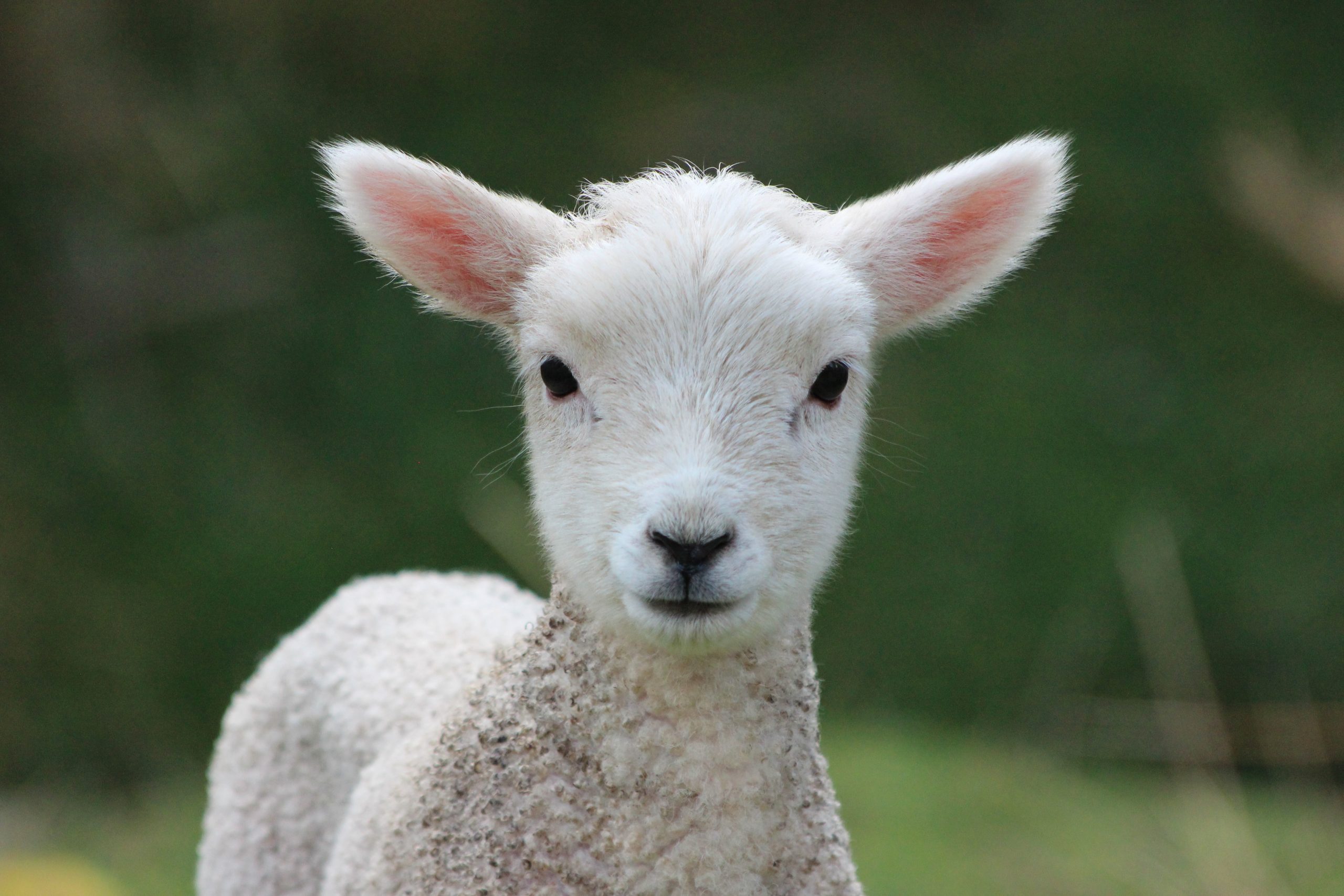An Environmental Bible Analogy

Then the Lord sent Nathan to David. And he came to him, and said to him: “There were two men in one city, one rich and the other poor. The rich man had exceedingly many flocks and herds. But the poor man had nothing, except one little ewe lamb which he had bought and nourished; and it grew up together with him and with his children. It ate of his own food and drank from his own cup and lay in his bosom; and it was like a daughter to him. And a traveler came to the rich man, who refused to take from his own flock and from his own herd to prepare one for the wayfaring man who had come to him; but he took the poor man’s lamb and prepared it for the man who had come to him.”
So David’s anger was greatly aroused against the man, and he said to Nathan, “As the Lord lives, the man who has done this shall surely die! And he shall restore fourfold for the lamb, because he did this thing and because he had no pity.”
Then Nathan said to David, “You are the man!”
It was the little lamb that I thought of. Of course, in the Bible story, from 2 Samuel 12, the prophet Nathan is talking about Bathsheba, the wife of Uriah the Hittite, whom David has killed to cover for his adultery. But lamb is also delicious, one of the best red meats. And so it came to pass that as I considered that there were fact checks out for the claim that the Biden Administration might try to restrict our meat eating, I thought of steak and lamb becoming taxed like cigarettes, and then of David and Bathsheba and Nathan, and I felt a little like the poor man from the story, the Uriah figure, my lamb stolen for the feasting of the rich.
Fortunately, for now it does seem true that cutting meat consumption by 90 percent or eating bugs proposals floating about remain outside the politically viable realm, stuck inside our heads with the other inhuman green measures that become weekly fodder for the culture war. Some fellow or researcher or even just vague “expert” employed somewhere equally ambiguous has to talk to journalists, after all. No more burgers! Locust and honey! (I would try that one, once, out of respect for John the Baptist.) Soy, corn, and vegetable oil in everything! (That’s already true, actually.) Anyway, we’re bombarded constantly by what, if you look straight at it for a moment, is a bunch of subsidies for billionaires, with their exceedingly many flocks and herds.
All environmental measures aimed at individual consumption let the real exploiters of the land, water, and air off easy. And even attempts to get at sources, and not just punish normal people at checkout, are often counterproductive. The financial elite can profit when factories are moved out of the country, and while it’s one way to improve air quality, it leaves a lot of people unemployed, too. Bill Gates now owns more land than anyone else in America; any number of agricultural regulations can be made in such a way as to benefit him and industrial farming giants such as Bayer pharmaceuticals, all increases in prices and declines in nutritional value passed down the chain to you and me.
Environmentalism ought to be a conservative cause, conservative because it recognizes the health of the people and the society we make up is in complex relationship with the health of our surroundings, and so seeks to conserve and nurture that health. (Proposal, if you’re worried about carbon: Scrap all the industrial corn and soy fields; let the land revert to prairie grass; return the great herds of bison; feast.) Conservative environmentalism still needs to count the costs of our consumption patterns and the conveniences we take for granted, but it does so taking the long view, for posterity, for the health of human beings. Unfortunately, the green movement as we popularly experience it is an apocalyptic cult seeking to wash its hands of responsibility for the future by punishing people in the present. And that serves the rich just fine, to take away the poor’s one little ewe lamb, whether it be affordable electricity or nutritious food.
Comments